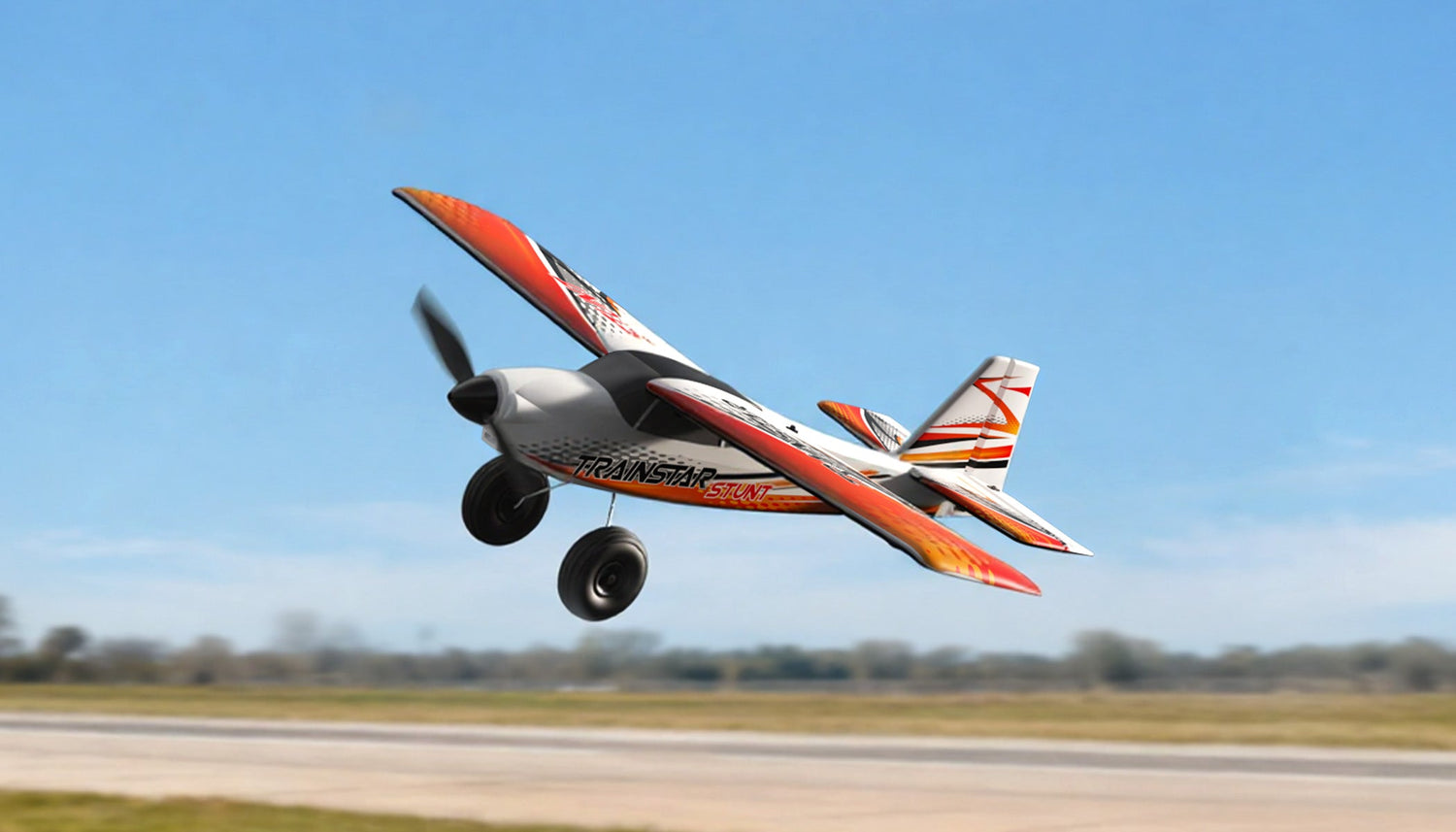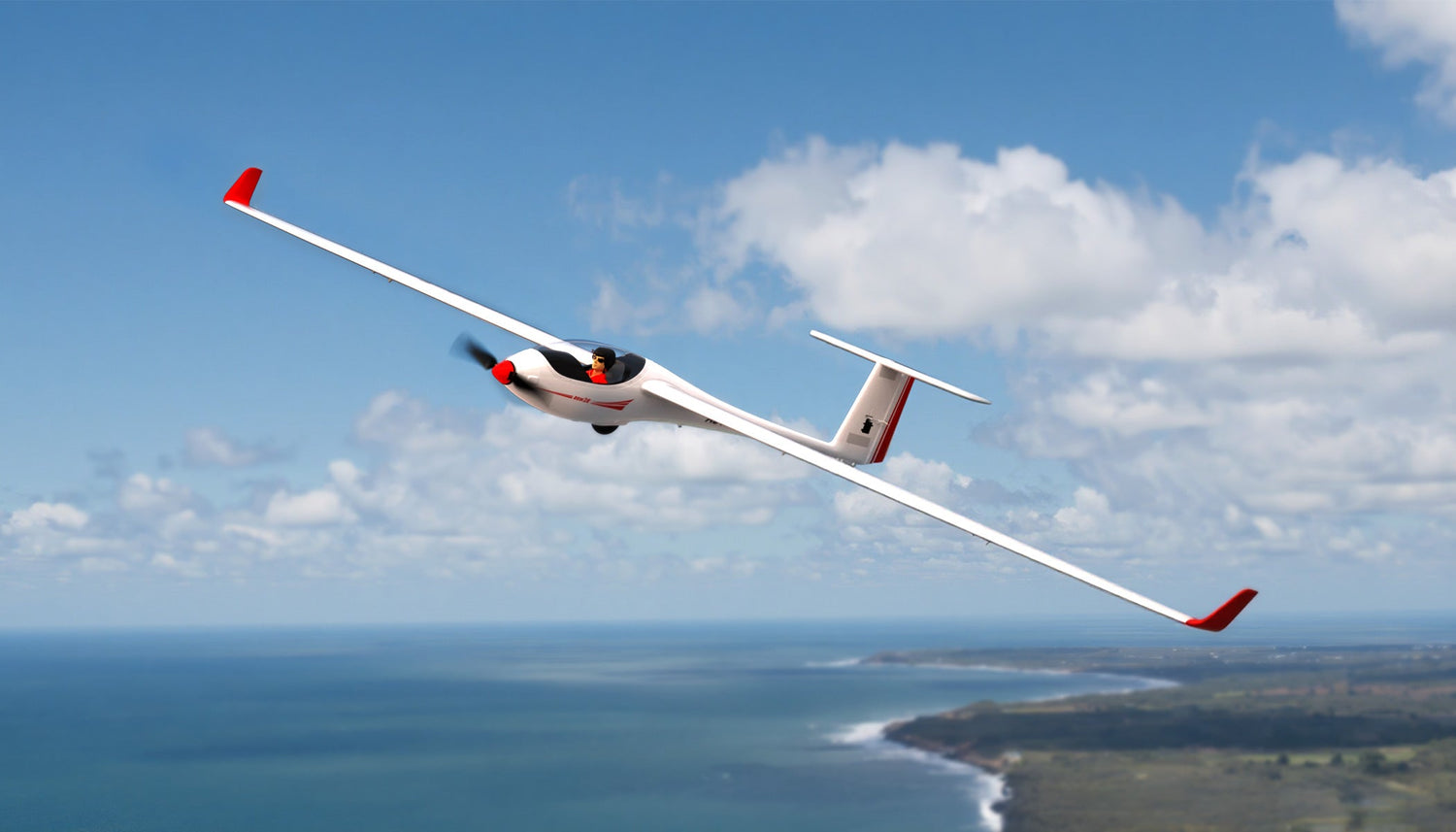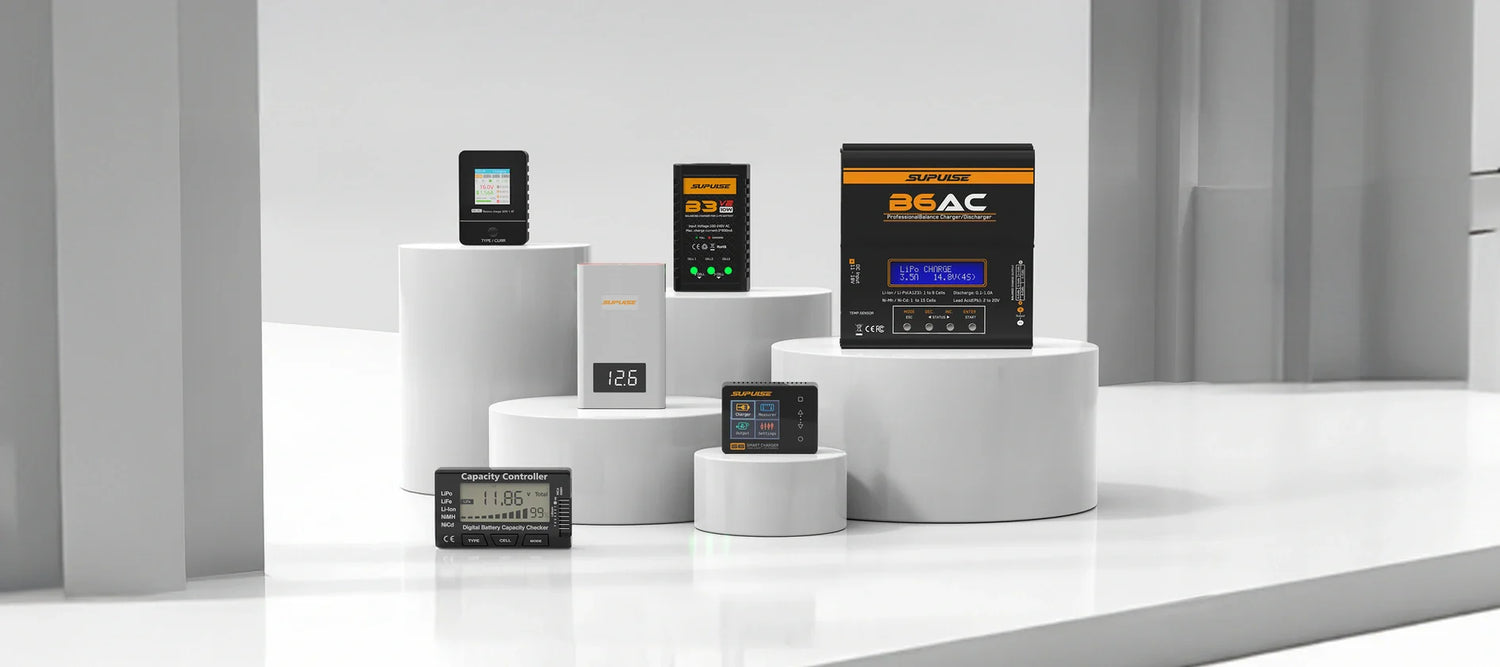Table of Contents
- Power Differences
- Fuel Differences
- Which Is Safer: Gas or Electric Engines?
- Environmental Impact
- Operational Difficulty
- Should I Use a Simulator for Gas-Powered Planes?
- Which RC Planes Are Better for Beginners?
- Cost Comparison
- Ongoing Expenses: Fuel vs Battery Replacement
- Maintenance Costs: Gas Engine vs Electric
Gas Engines vs Electric Engines for RC Planes
Power Differences
-
Gas Engines:
- Provide greater horsepower and higher speeds.
- Capable of powering larger RC models.
- However, they are noisier and require more tuning.
-
Electric Engines:
- Smaller and quieter, making them ideal for indoor or micro RC models.
- Easier to control, especially for beginners.
Gas engines deliver raw power, making them suitable for larger, heavier RC models that demand more from the engine. In contrast, electric engines offer more refined, quieter performance, which is perfect for smaller or more precise RC models. If you’re a beginner or seeking something easier to handle, electric engines are often the better choice.
Fuel Differences
-
Gas Engines:
- Run on a gasoline and oil mix, similar to small cars or lawnmowers.
- Require refueling, which is quick but demands regular fuel purchases.
-
Electric Engines:
- Use rechargeable batteries, typically Lithium Polymer (LiPo) or Nickel-based batteries.
- Batteries take time to recharge (30 minutes to several hours) but are reusable.
While gas engines offer near-instant refueling, they require regular fuel purchases. Electric engines, on the other hand, rely on rechargeable batteries, which can last for many cycles but need time to recharge. This trade-off means you’ll need to decide between the ongoing cost of fuel or the recharging downtime of batteries.
Which Is Safer: Gas or Electric Engines?
-
Electric Engines:
- Considered safer due to the absence of flammable fuels.
- Fewer moving parts, reducing mechanical failure risk.
-
Gas Engines:
- Involve handling flammable gasoline, increasing the risk of accidents.
- Require careful maintenance to avoid malfunctions.
For safety-conscious hobbyists, electric engines are the way to go. Without the need to handle gasoline or deal with the combustion process, the risks of accidents are significantly reduced. Gas engines, while powerful, come with inherent safety risks related to fuel handling, mechanical failures, and combustion.
Environmental Impact
-
Electric Engines:
- Produce zero emissions during operation.
- A better choice for environmentally conscious hobbyists.
-
Gas Engines:
- Burn gasoline, contributing to air pollution and environmental degradation.
If sustainability is important to you, electric engines are the clear winner. Since they do not rely on fossil fuels, they produce no emissions during flight, which is beneficial for the environment. Gas engines, on the other hand, burn fuel and contribute to pollution, which could be a concern if you’re environmentally conscious.
Operational Difficulty
-
Gas Engines:
- More challenging to operate due to the complexity of engine tuning and maintenance.
- Require more experience and precision handling.
-
Electric Engines:
- Much easier to operate, especially for beginners.
- Usually arrive ready-to-fly (RTF), needing minimal setup.
Operating a gas-powered RC plane is more demanding, requiring knowledge of engine tuning, fuel management, and precise control during flight. Electric RC planes, on the other hand, are much simpler and more forgiving. If you’re a beginner or someone who prefers a hassle-free experience, an electric engine is the smarter option.
Should I Use a Simulator for Gas-Powered Planes?
It is highly recommended to use a flight simulator before flying a gas-powered RC plane. Simulators provide a risk-free way to learn the controls, improve your handling skills, and prepare for real-world scenarios that could otherwise result in expensive crashes. Since gas-powered planes are more difficult and costly, using a simulator can save you from costly mistakes and boost your confidence before you take to the skies for real.
Which RC Planes Are Better for Beginners?
-
Electric Planes:
- Easier to maintain and operate with fewer complications.
- Cheaper to run and maintain overall, perfect for learning the basics.
For those just starting in the hobby, electric RC planes are by far the better option. With simple controls, minimal maintenance, and cheaper operational costs, beginners can focus on learning the fundamentals without worrying about intricate engine management or costly repairs.
Cost Comparison: Gas vs Electric
Ongoing Expenses: Fuel vs Battery Replacement
-
Fuel Costs (Gas Engines):
- Gas-powered planes need constant refueling, which can add up.
- Costs can range from $10 to $30 or more per day, depending on how often you fly and the fuel type.
-
Battery Costs (Electric Engines):
- Electric planes use rechargeable batteries like LiPo or Nickel-based (NiMH) cells.
- Though batteries eventually wear out, they can be recharged and reused, making them cost-efficient over time.
The ongoing cost of operating a gas-powered plane can be steep, as fuel prices add up quickly. Electric planes, however, have fewer recurring expenses since rechargeable batteries last for many flights. While batteries may need replacement after extensive use, the overall running cost of an electric plane tends to be lower in the long run.
Long-Term Maintenance Costs: Gas Engine Repairs vs Electric Upkeep
-
Gas Engines:
- More moving parts mean a higher likelihood of mechanical failure.
- Engine rebuilds, tuning, and part replacements can add to maintenance costs.
-
Electric Engines:
- Simpler design with fewer things to go wrong.
- Upkeep is limited to battery replacements and occasional motor servicing.
In terms of long-term maintenance, gas engines typically incur higher costs due to their complexity. Regular tuning, part replacements, and repairs are

































